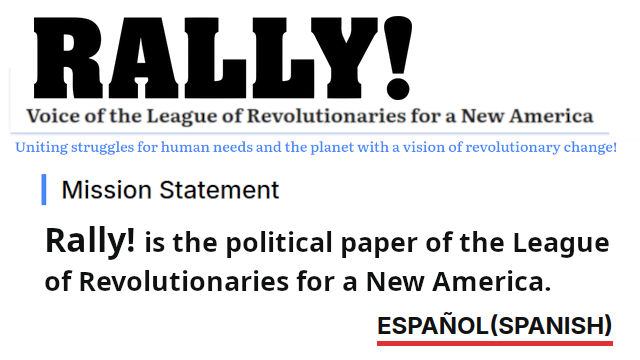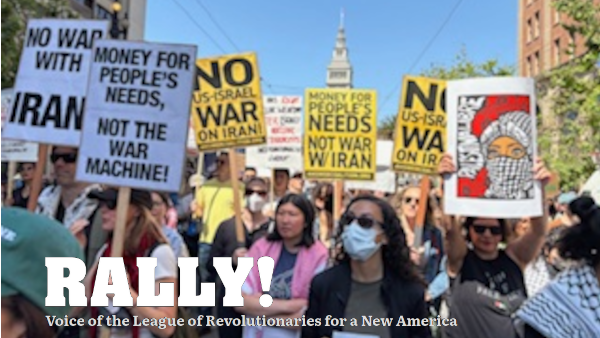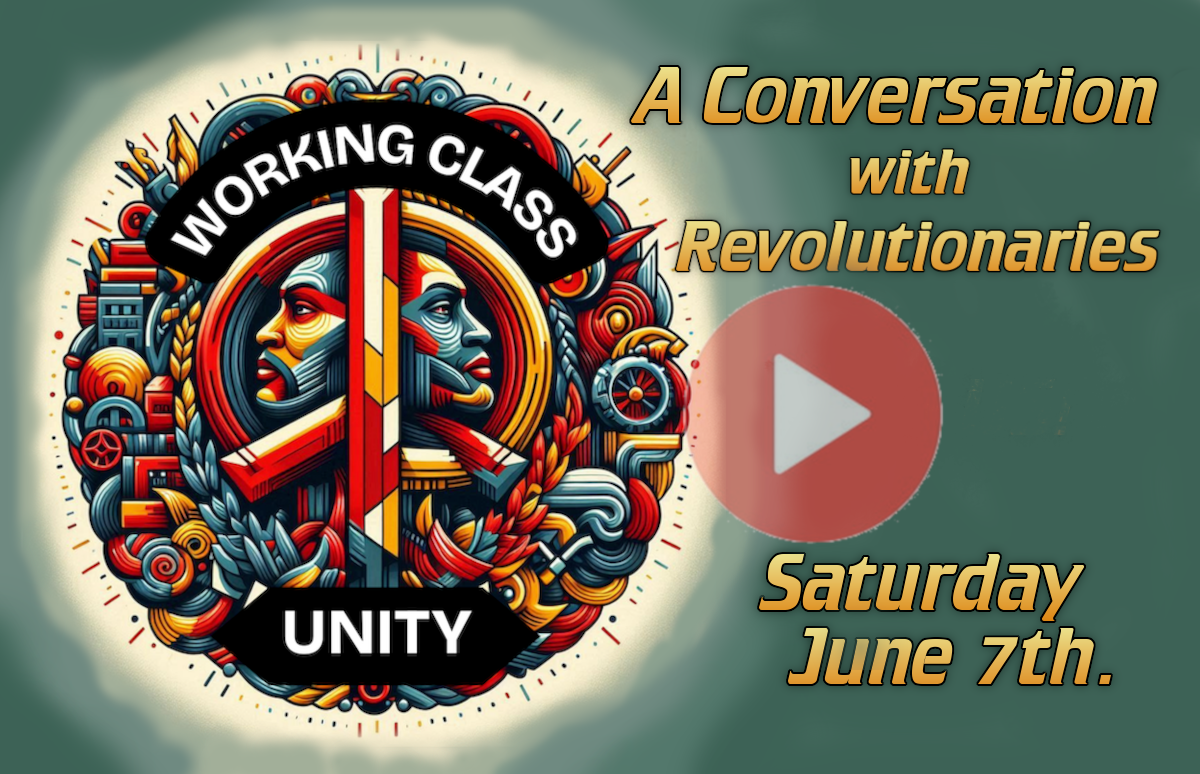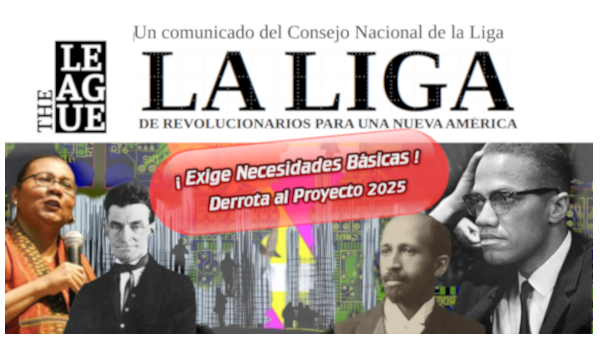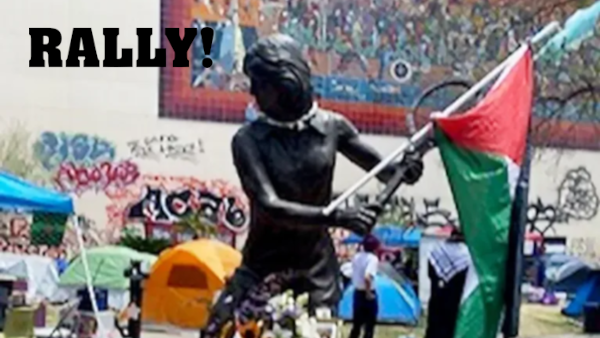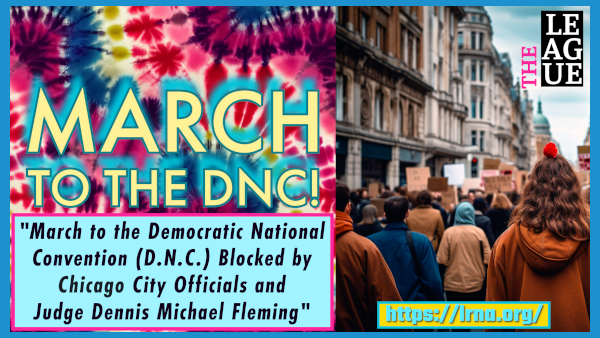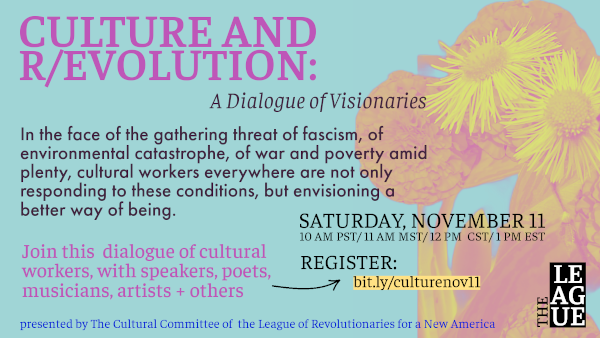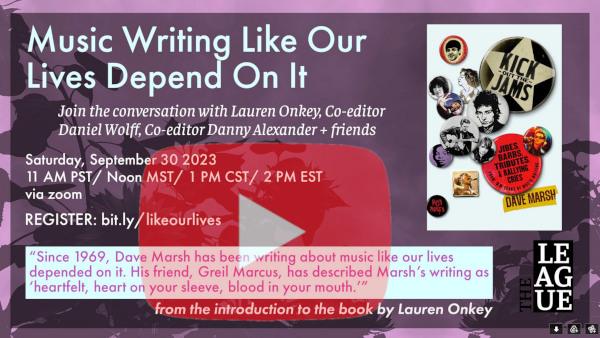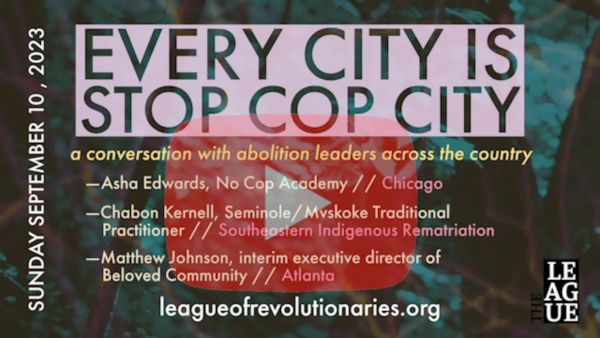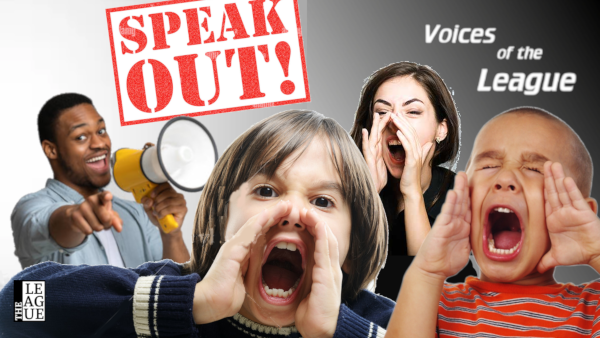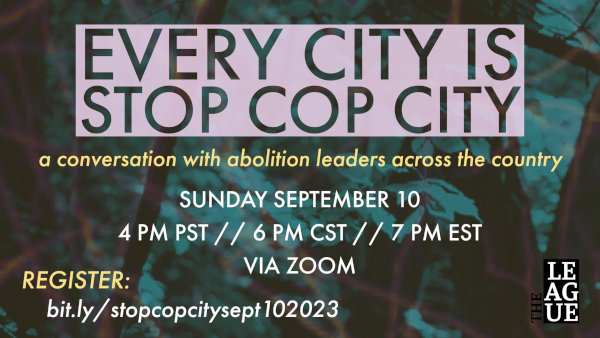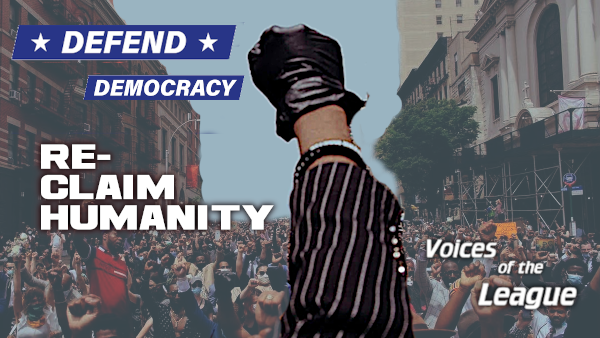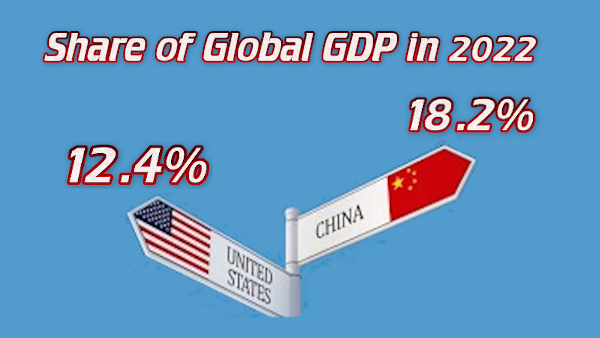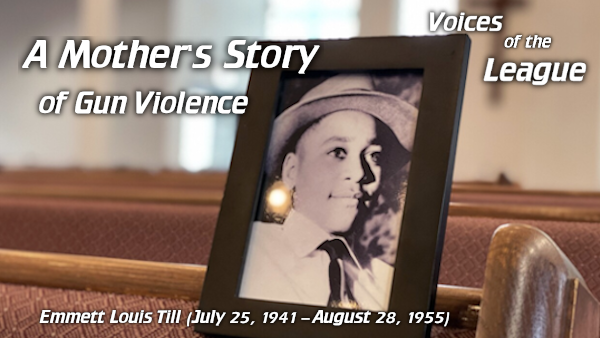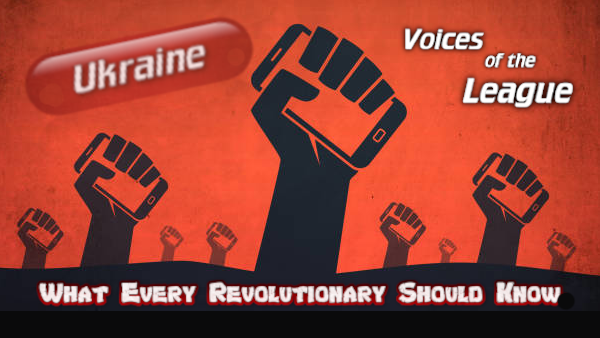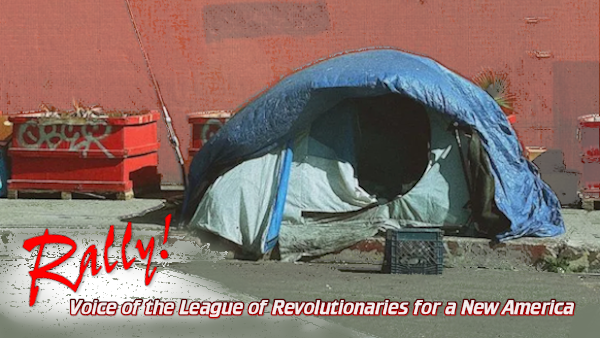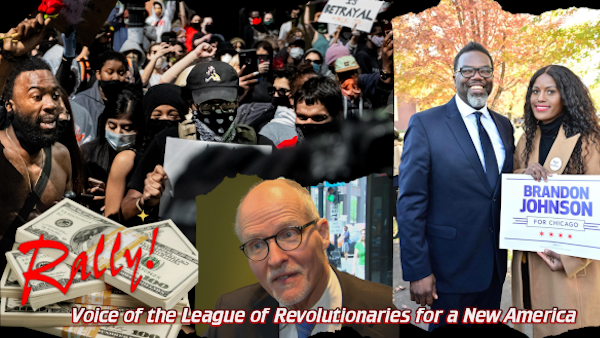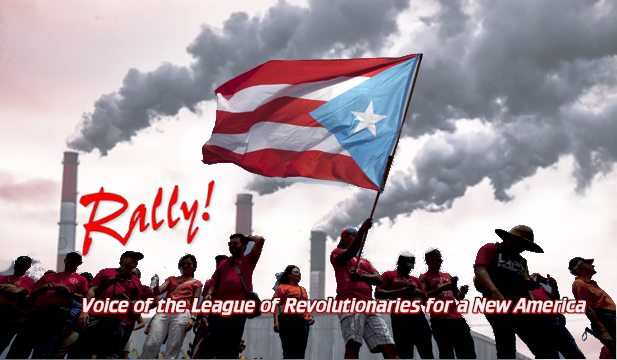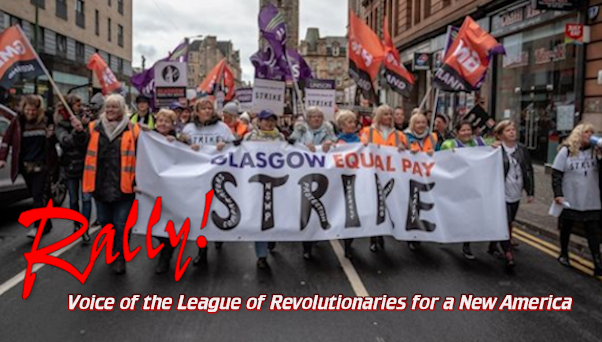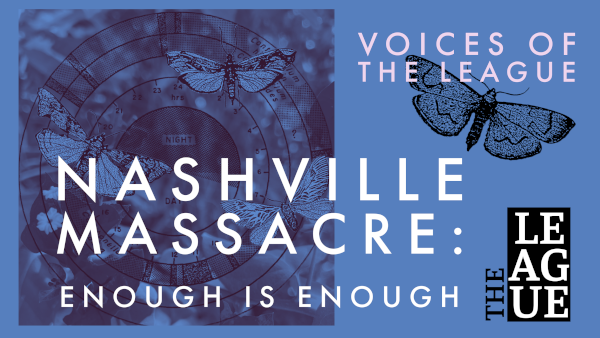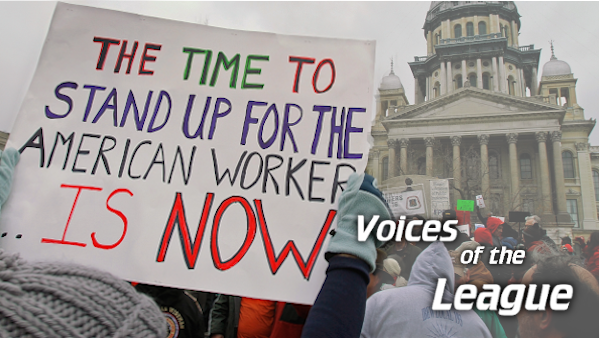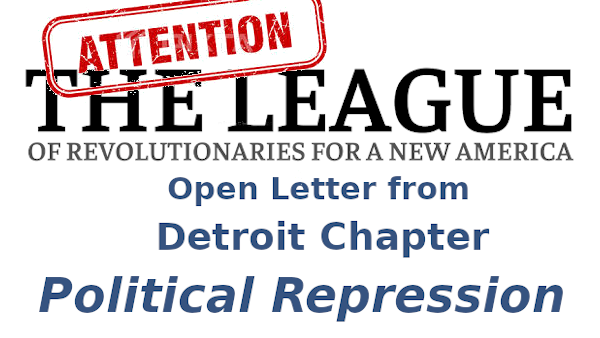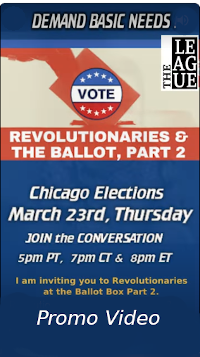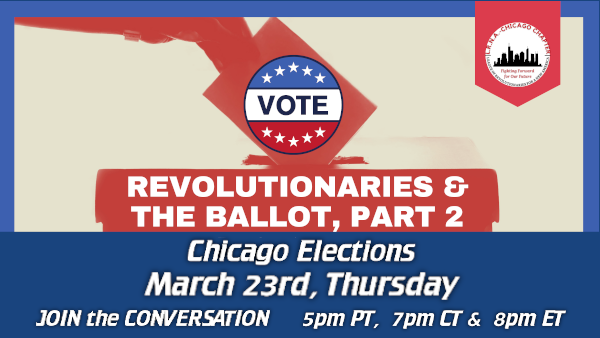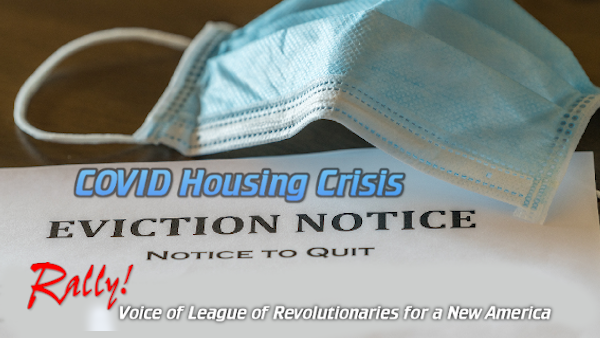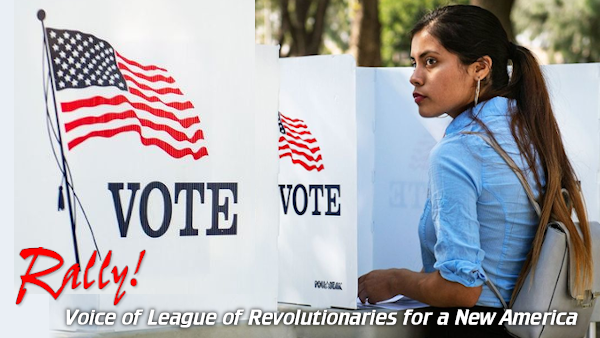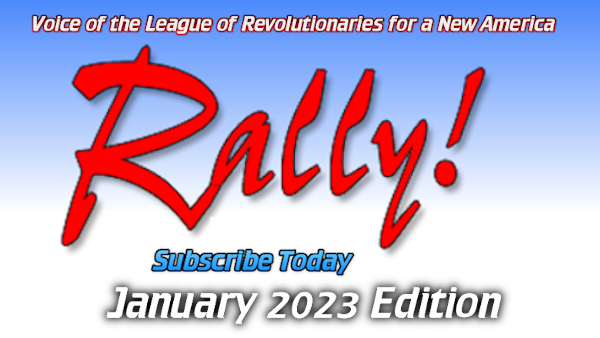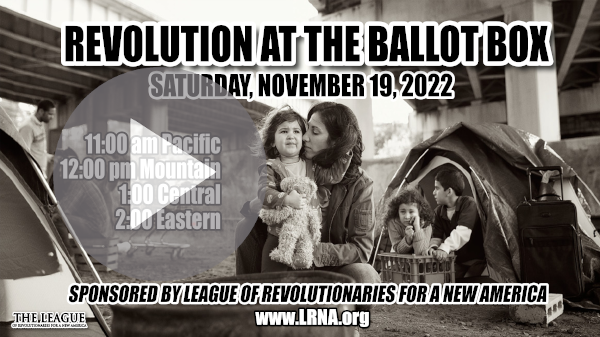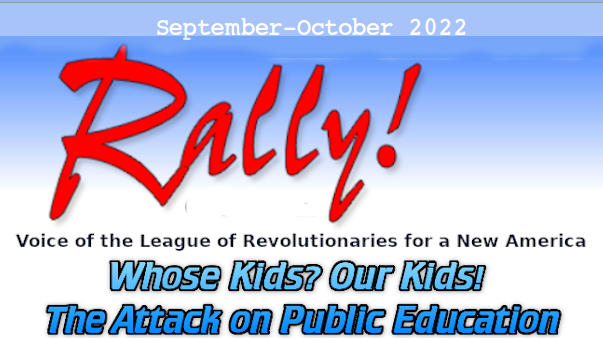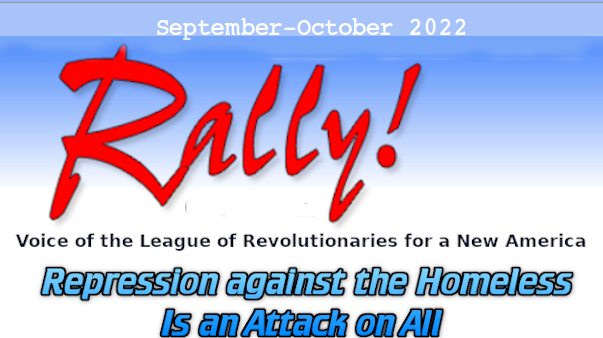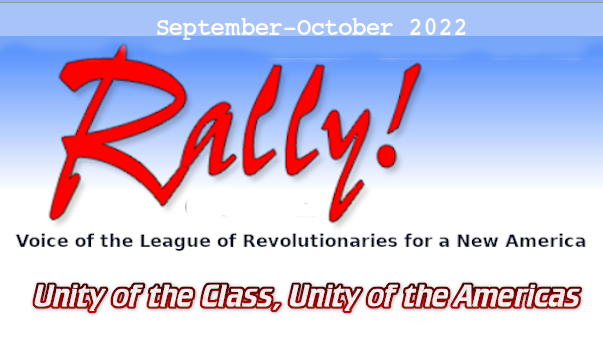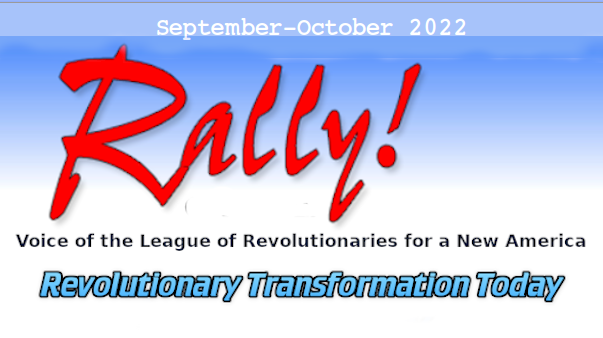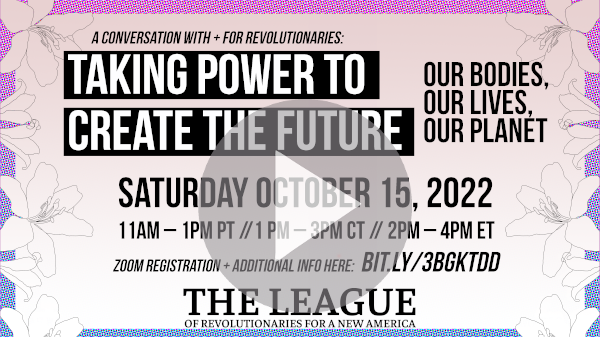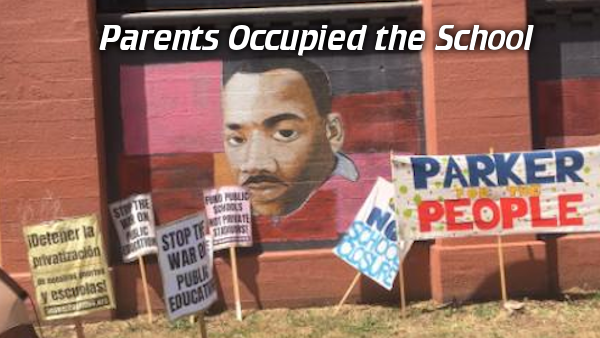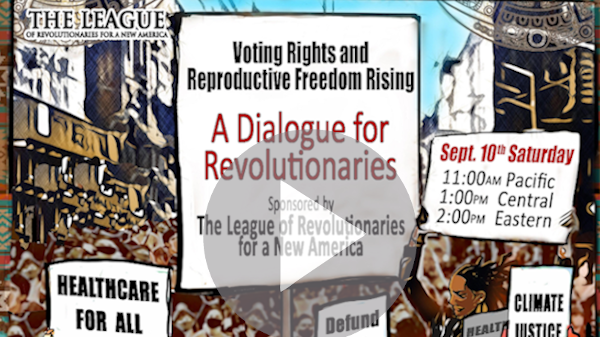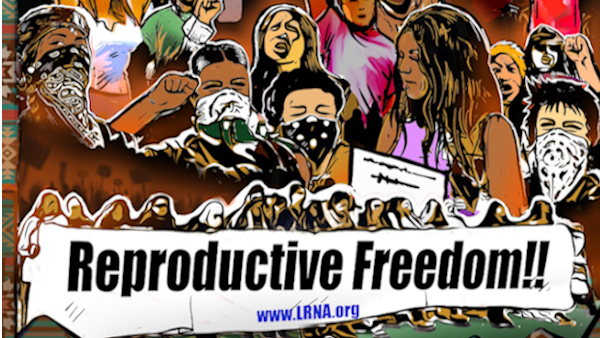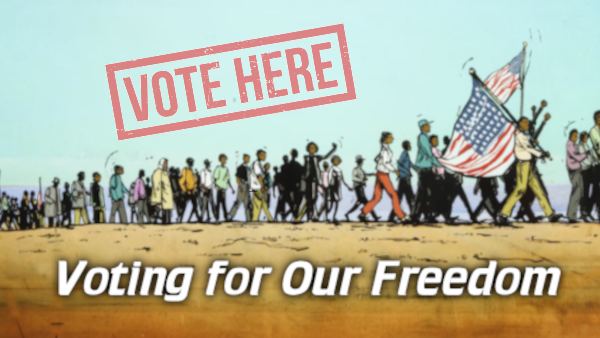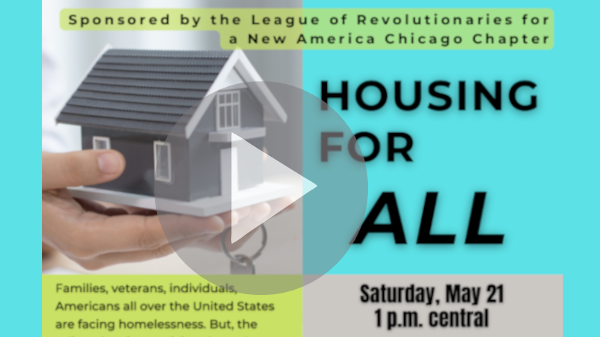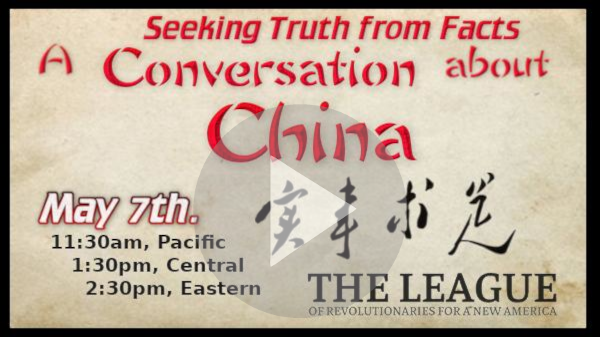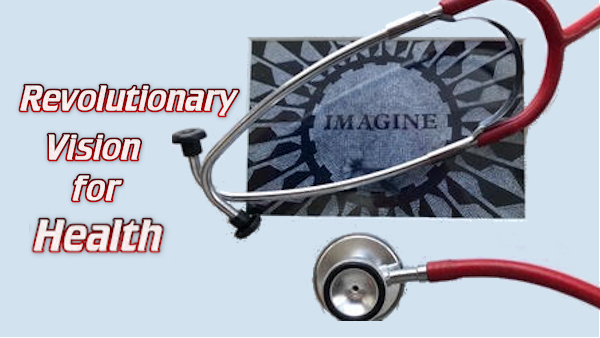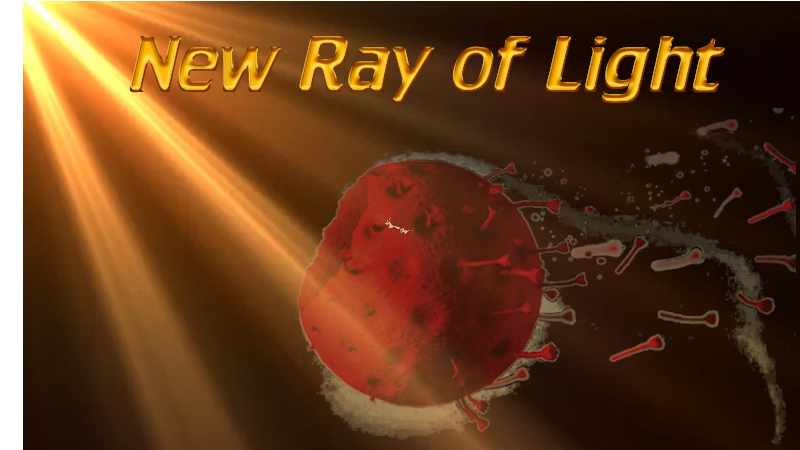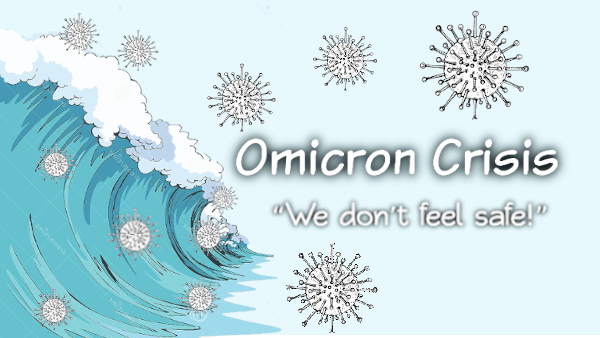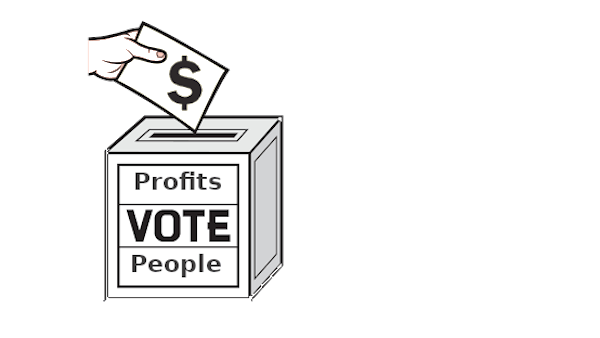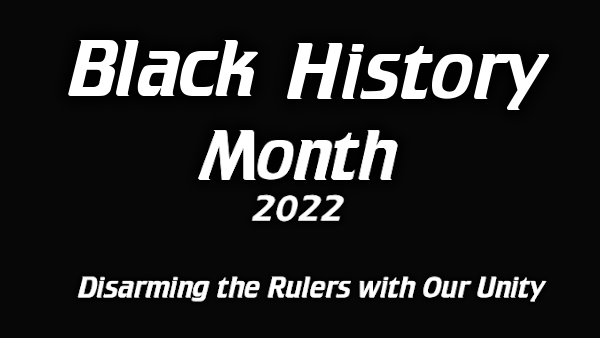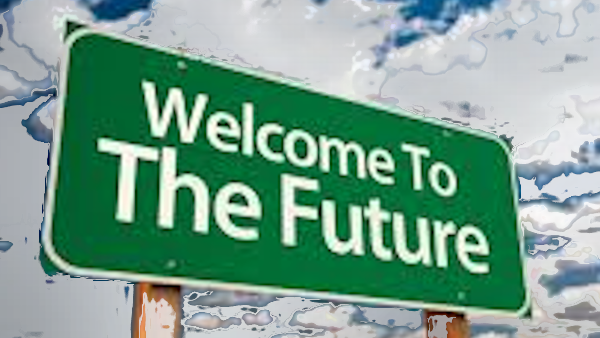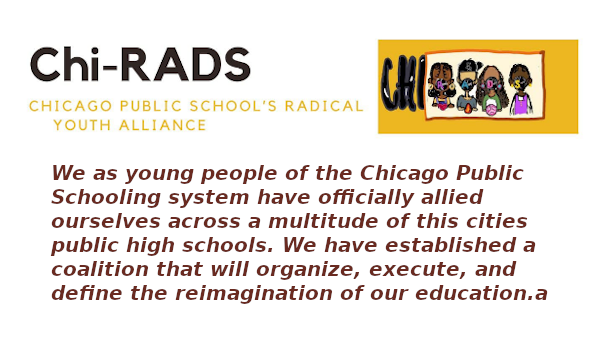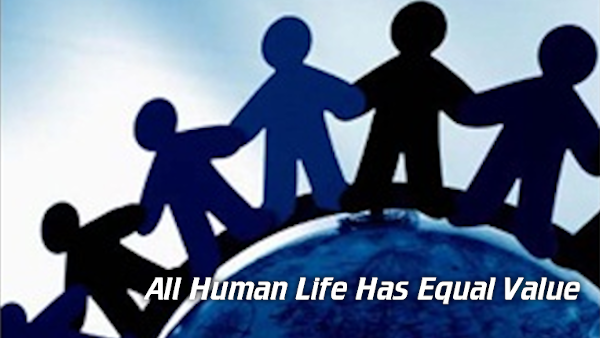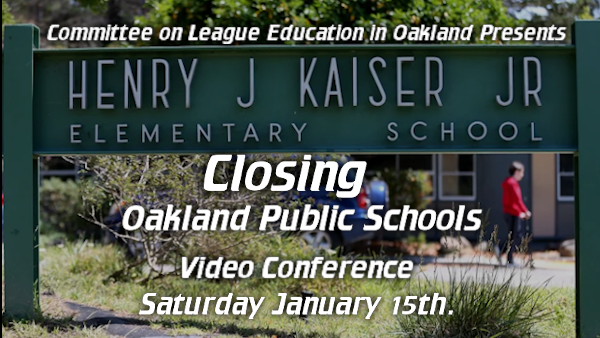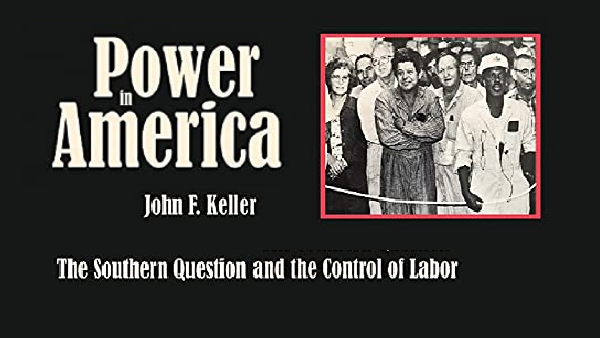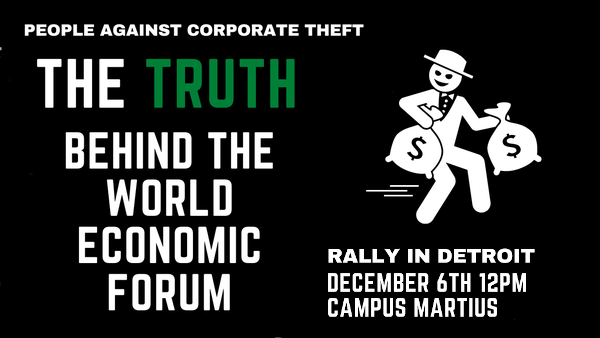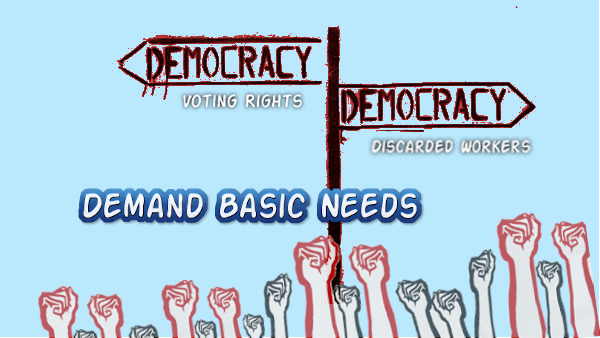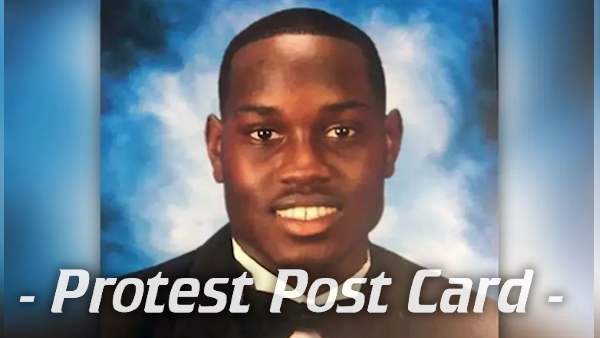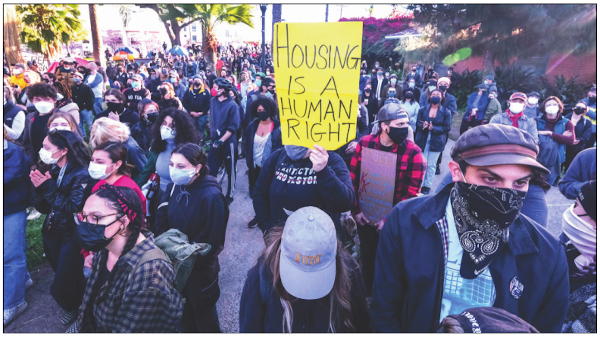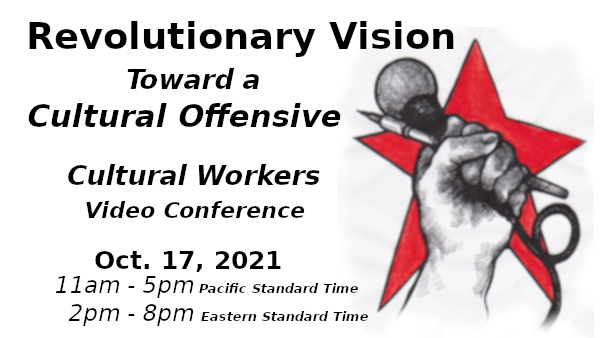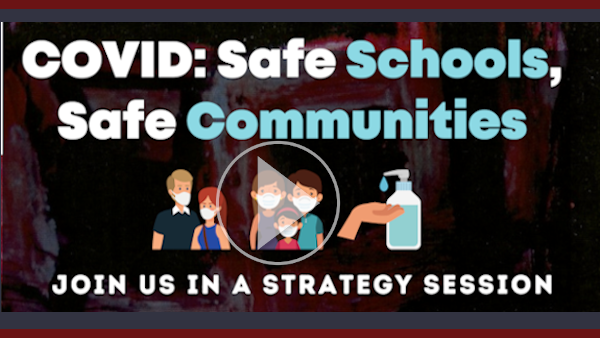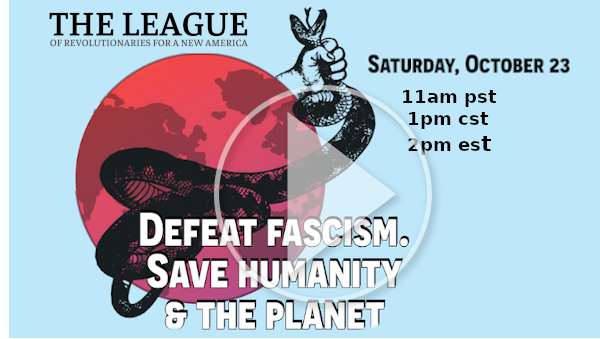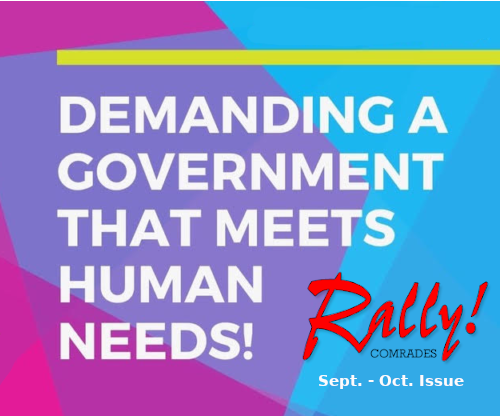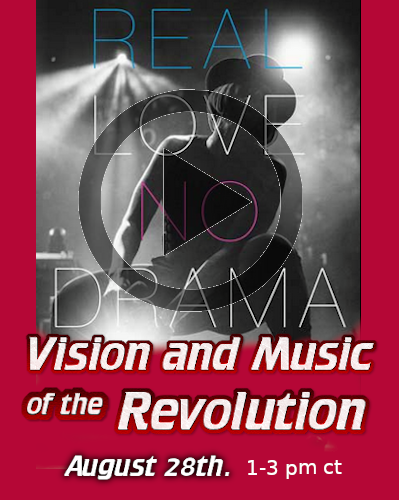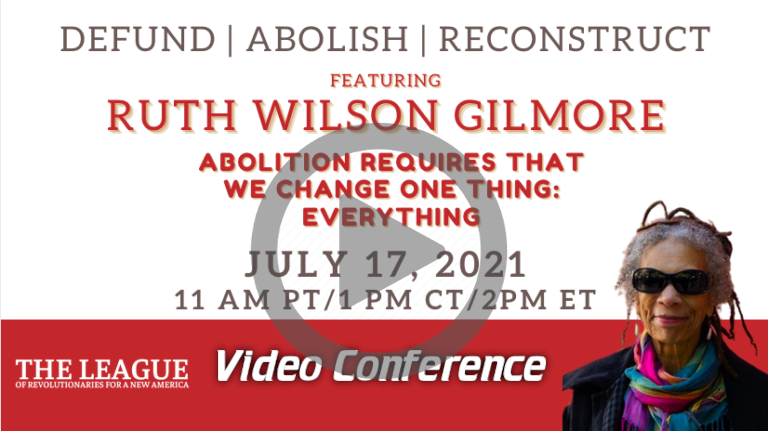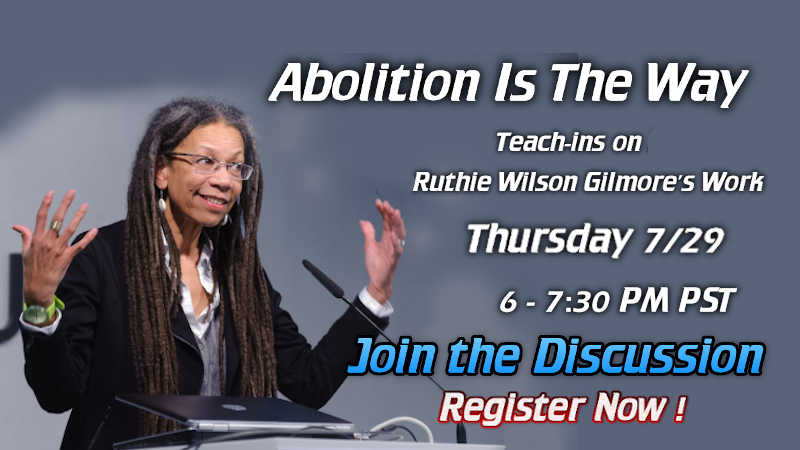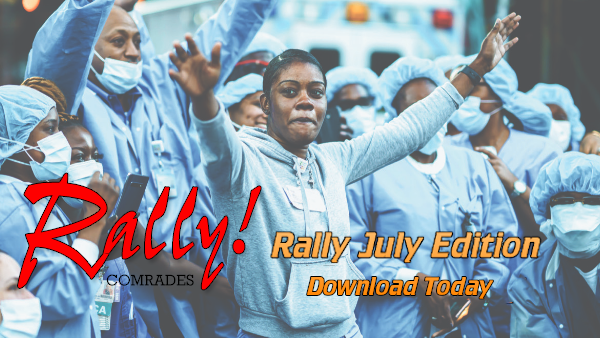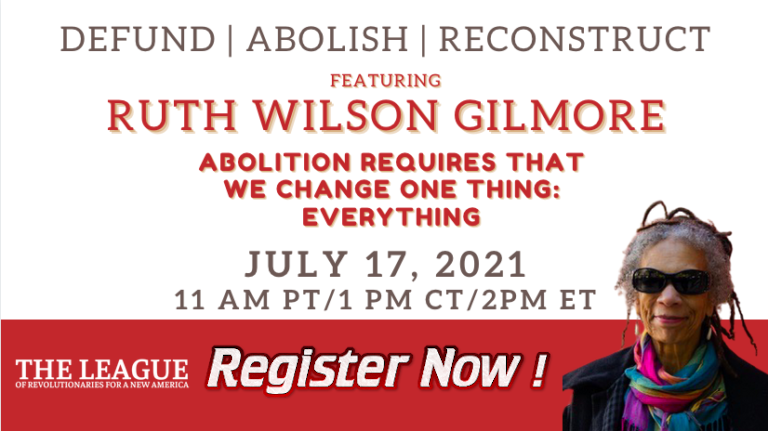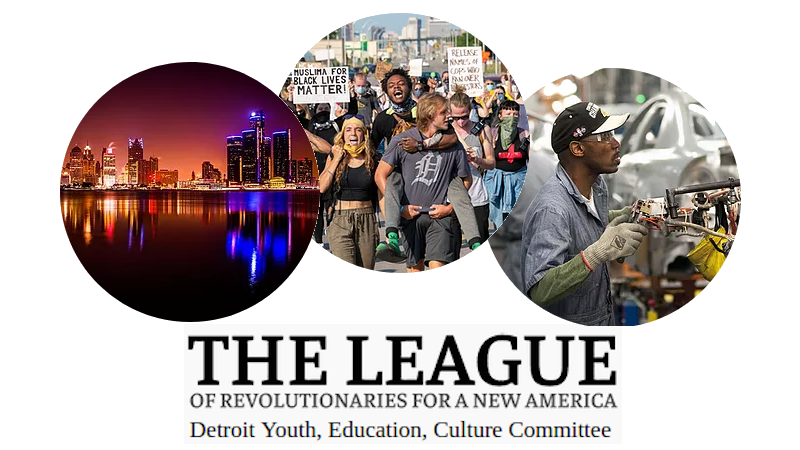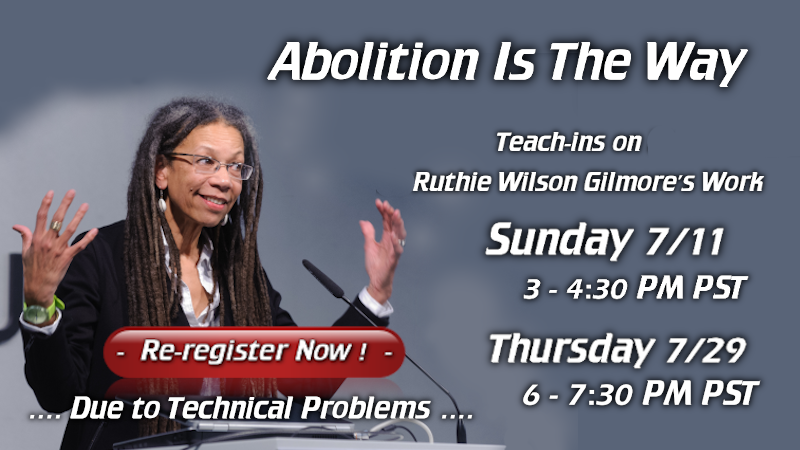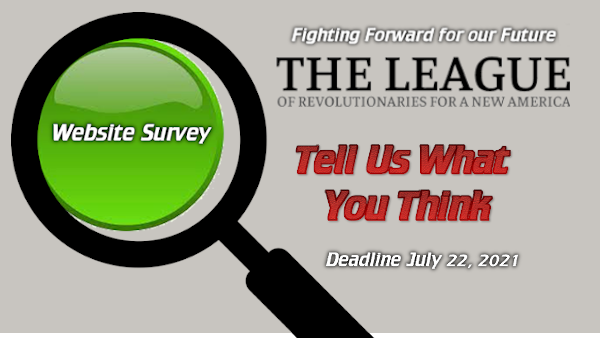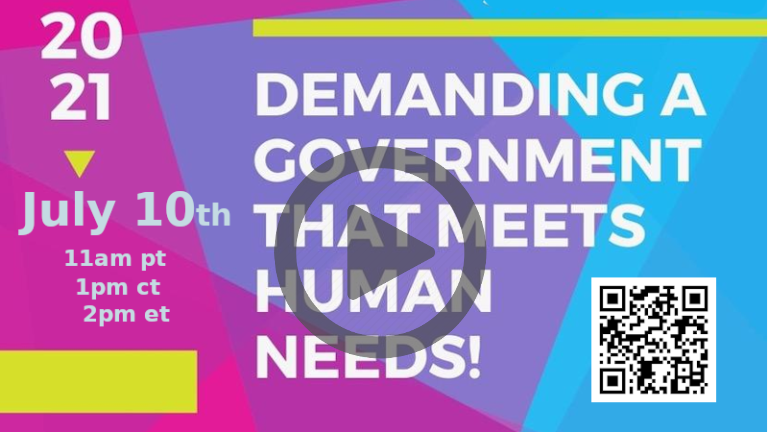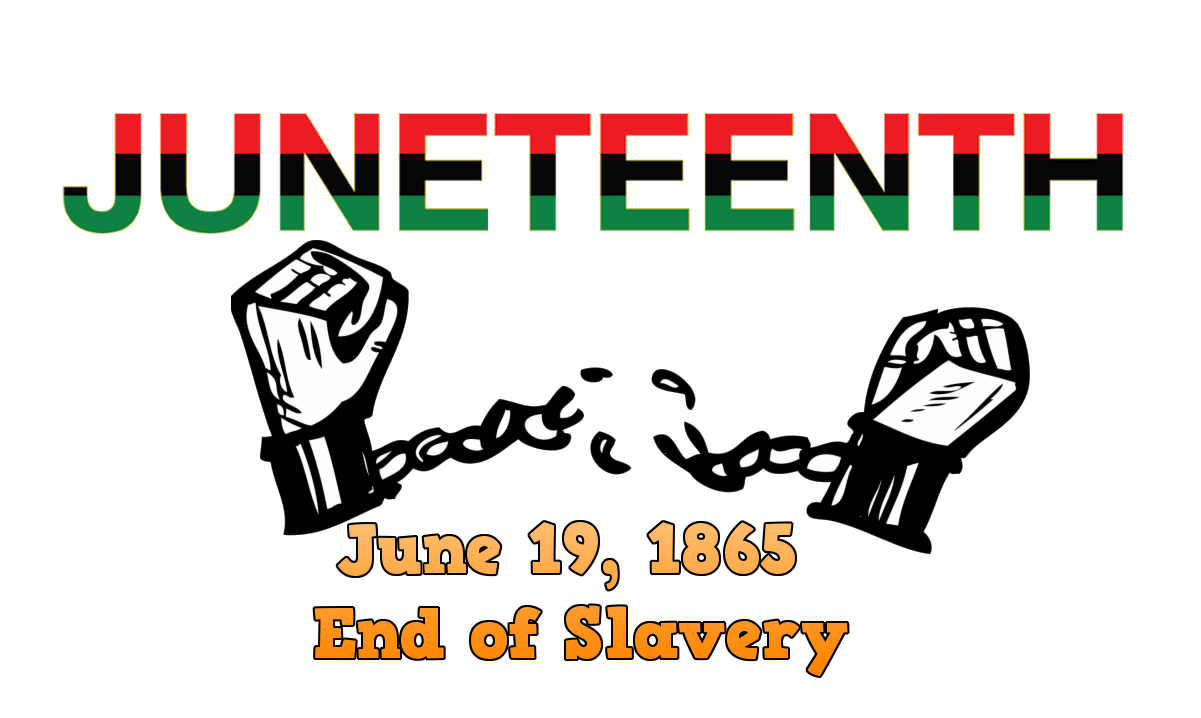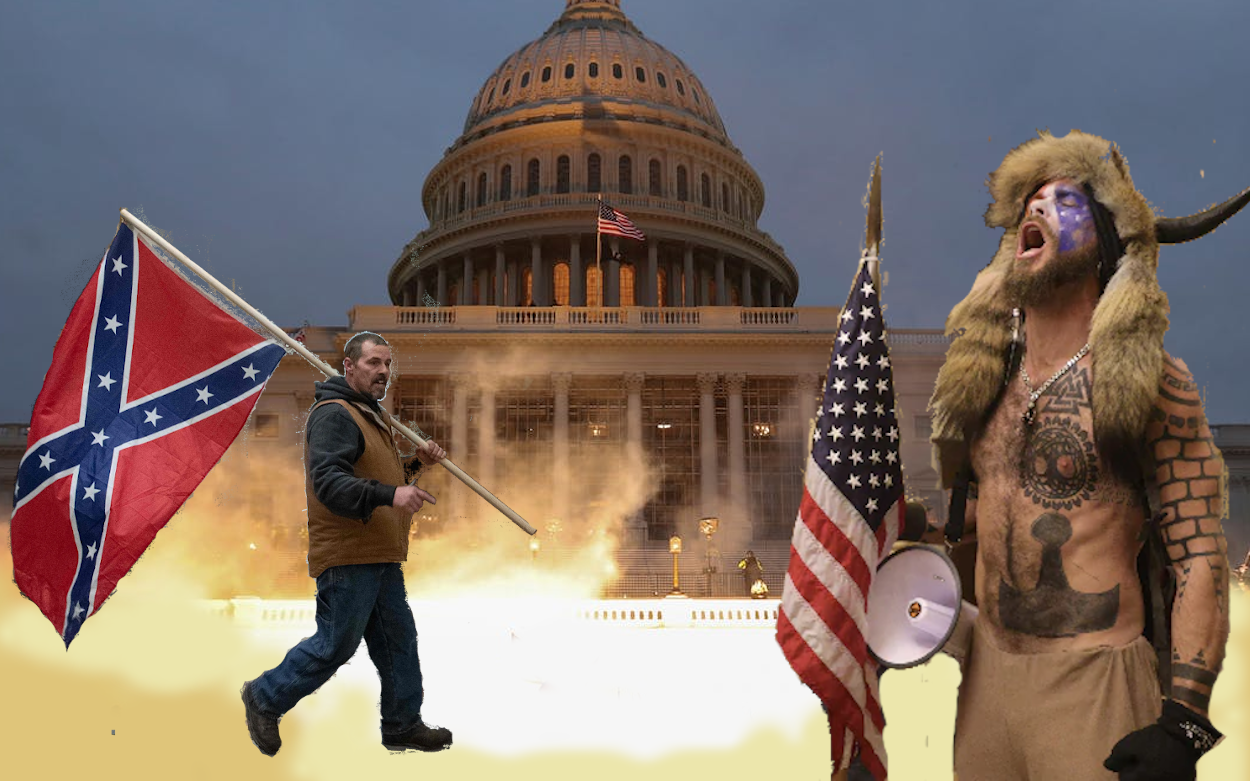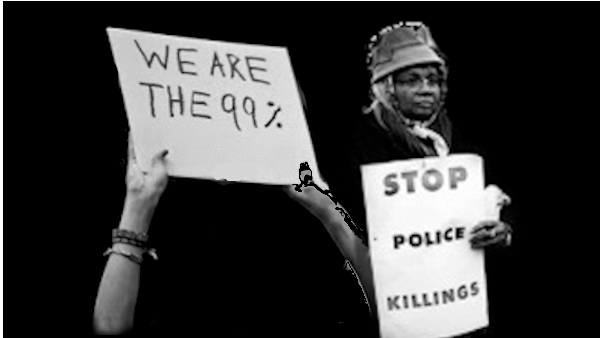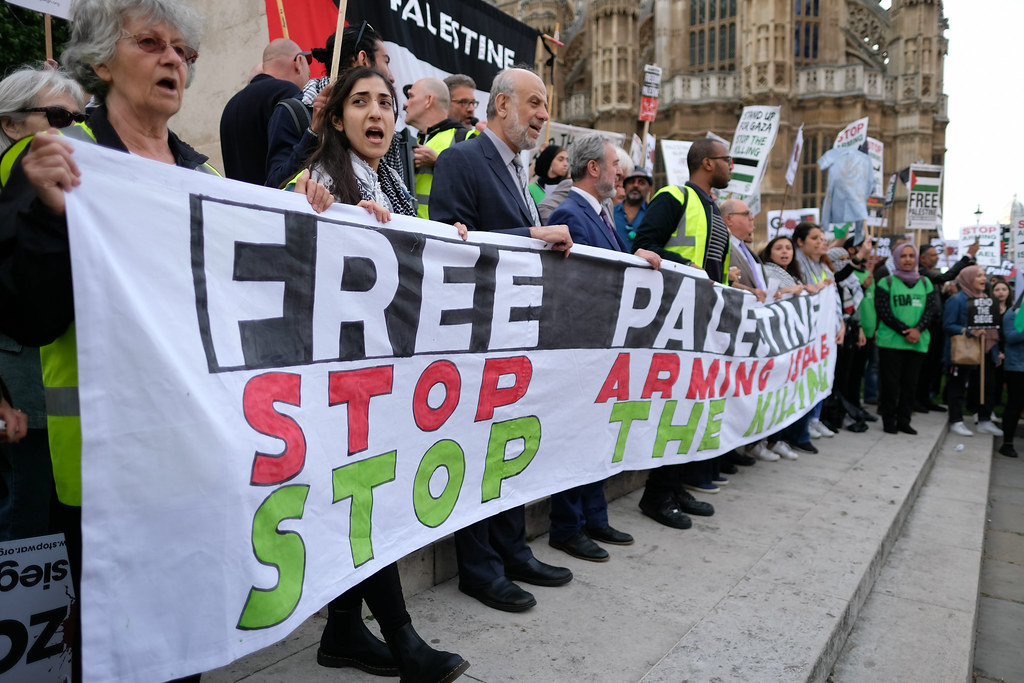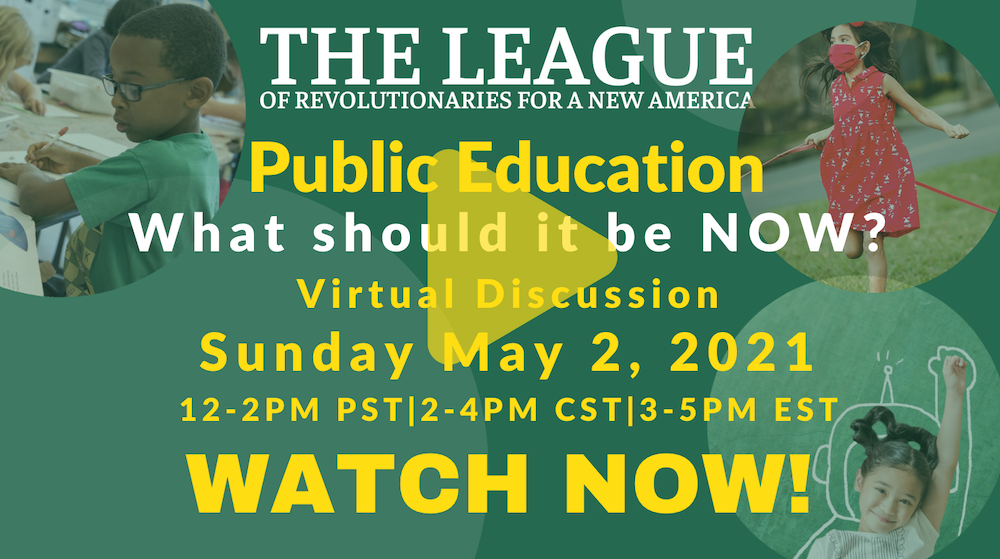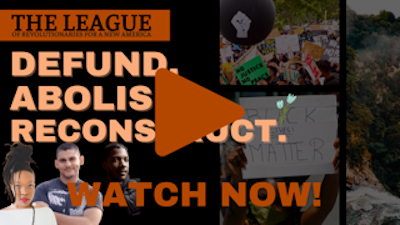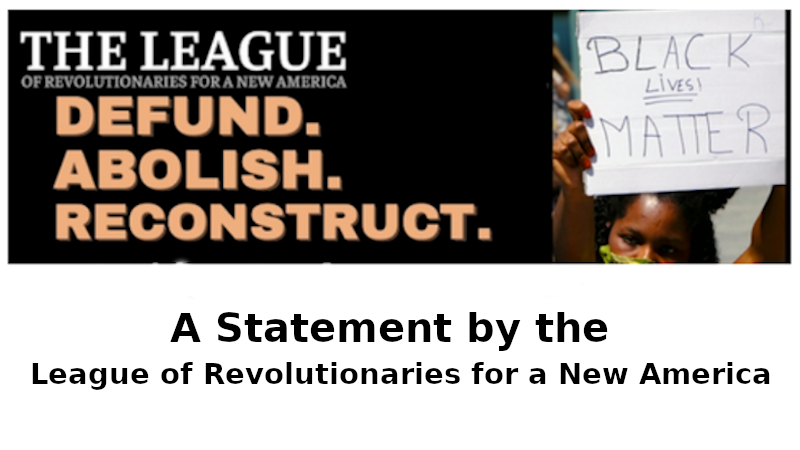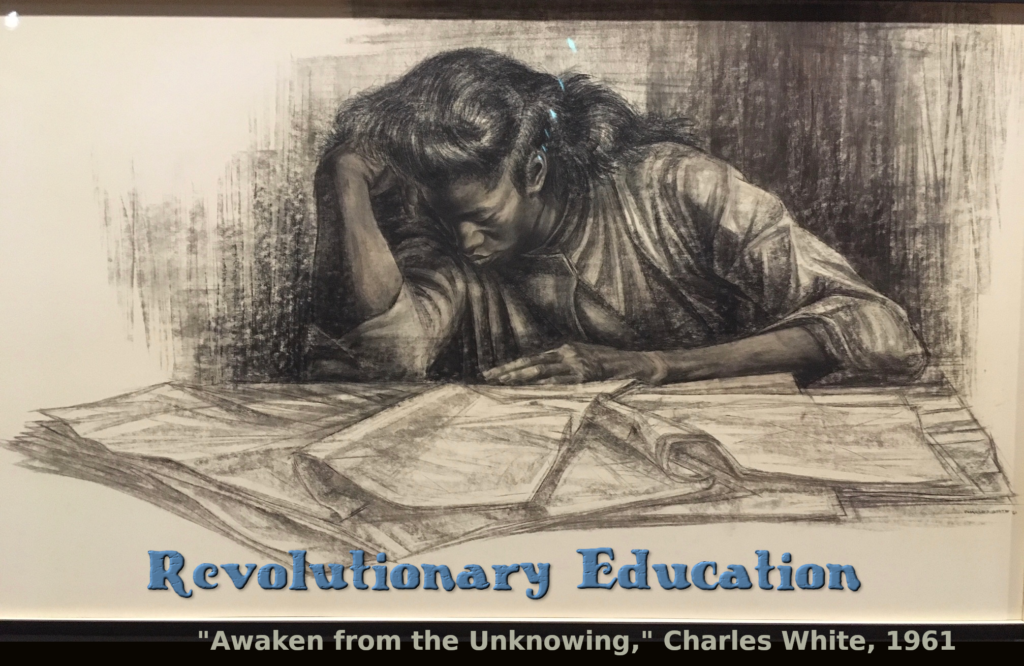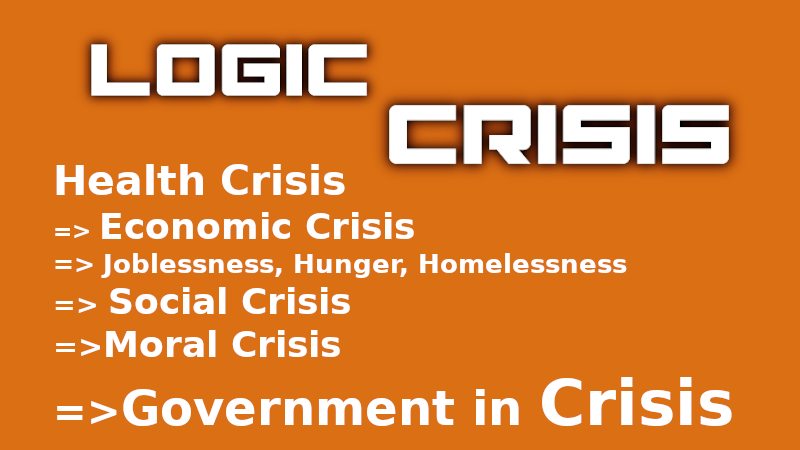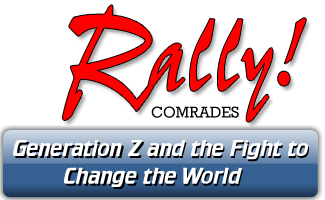Generation Z and the Fight to Change the World
Generation Z and the Fight to Change the World
On July 6, when President Trump signed an executive order proposing a ban on the youth-oriented social media platform TikTok, it was natural to remember stories of TikTok users obstructing Trump’s June 20 Tulsa rally. TikTok youth didn’t miss the message, as 18-year-old Anekha Singh told NBC News, “Our ability to express ourselves is something he doesn’t want.” Eighteen-year-old climate activist turned police protestor Shayla Turner told the New York Times, “I want to see an entire revolution led by youth. I feel like we are definitely capable of that. We have the power, and we have the voices.” Beginning the week before with Trump’s initial threats to the platform, young people had been planning their reactions. Clara McCourt said, “I’ve never seen than many people talking about one thing on the app for so long.”
The U.S. government claims its reasons for banning TikTok revolve around security issues. Even Forbes magazine has called this rationale dangerous and hypocritical since “Facebook, Apple and Google” all have the same kinds of personal information “at even a larger scale.”
From nationwide marches for gun regulation and now, on the largest scale yet, teenagers are taking the lead against police brutality and murder. Two 19-year-olds organized a march of 15,000 in Oakland. A 15-year-old launched thousands more in a protest in Nashville. A 17-year-old led thousands more across the Golden Gate Bridge, and a 19-year-old held a teach-in at a St. Louis high school, which included the winner of her congressional primary Cori Bush. Around 26 million people have protested in Black Lives Matters-inspired protests across the United States, and the majority of protestors have consistently been under 34 years old. The youth are ready for real change. St. Louis teen Brianna Chandler told the New York Times, “the more popular elder activists are reformist … my generation is calling for abolition rather than reform.”
Today’s youth have good reason to want radical change. First, they have grown up understanding the power and potential of digital technologies. They also have grown up in an economy that clearly doesn’t want them. If they are lucky enough to find a job, they work side-by-side with adults twice their age whose prior employment has been eliminated. Eighteen to 24-year-olds have been the largest demographic thrown into unemployment by the coronavirus and groups like the World Economic Forum project that their ability to regain employment will not only take longer than for others but will likely affect their lifelong job prospects. It is easy for youth to understand the relationship between the new technologies and a dying economy, one reason why the base for candidate Andrew Yang, the only Presidential candidate to address the economic costs of technology, was largely between the ages of 18 and 29. It’s safe to say most youth know the world’s broken.
Naturally, today’s youth have a personal stake in the survival of the planet and a just economy, but they are also motivated, as youth always are, by a fundamental sense of right and wrong. A June survey by Tufts University’s Center for Information and Research on Civic Learning and Engagement (CIRCLE) found that young people’s top three issues going into the November elections are the environment, racism, and affordable healthcare.
All of these issues are basic needs issues, and our youth consistently show that they understand the connections. Black Lives Matter protests compared testimonials of parents being profiled by police to stories of parents being threatened with eviction in the pandemic. The nationwide housing movement has found its base in a common expression that “Black Lives Matter.” Since our country ties health insurance to full-time employment, young people struggle more than any other group to afford health coverage or go without until a health crisis that may have been preventable. Today’s youth understand that the environment’s survival is tied to the survival of the human race and that, in January 2020, world scientists set the environmental doomsday clock at 100 seconds to midnight.
Our youth are our future, and they are stepping up to play their revolutionary role. As their statements make plain, the youth understand themselves as members of a group that calls itself Generation Z, but in fight after fight, just as they increasingly do in the workplace, they stand shoulder to shoulder with peers of all ages fighting for their survival. They are becoming aware of themselves as members of a much larger class of workers, the new class which has less and less economic opportunity, faces looming increases in permanent unemployment and which has no ties to the current system. As professor of cybersecurity policy, Josephine Wolff wrote in an August 7th Op-ed, young people on platforms like TikTok express a strong sense of solidarity and hope making statements like “Gen Z is changing the world.”
According to the CIRCLE poll, 83 percent of young people declare they “have the power to change the country,” and 79 percent “say the COVID-19 pandemic has helped them realize that politics impact their everyday lives.” But they aren’t working alone. In a July 4 speech, young mother Jenay Manley, a leader with the multiracial and multigenerational group Kansas City Tenants, tied her vision of defunding the police to how this country should treat “its most vulnerable people.” She called for ending homelessness and mass incarceration and investing in housing, universal health care, quality public education, and a green future. That is the program of the new class of Americans being thrown out of the old system — a system permanently broken and lethally spiraling out of control.
Our youth feel the contradictions between human-made restrictions and human potential, and they’re stepping up to fix things right. The economic crisis being nothing new, but amplified by the pandemic, younger people were already showing an increased interest in socialism and communism in polls at the end of 2019. As conditions deteriorate, they are showing solidarity with the great majority of Americans who must work together as a class to end the domination of the ruling class that runs the economy as its own private property. With our youth’s morality and vision on our side, our class can secure our future, providing far more than basic needs for countless generations to come.

